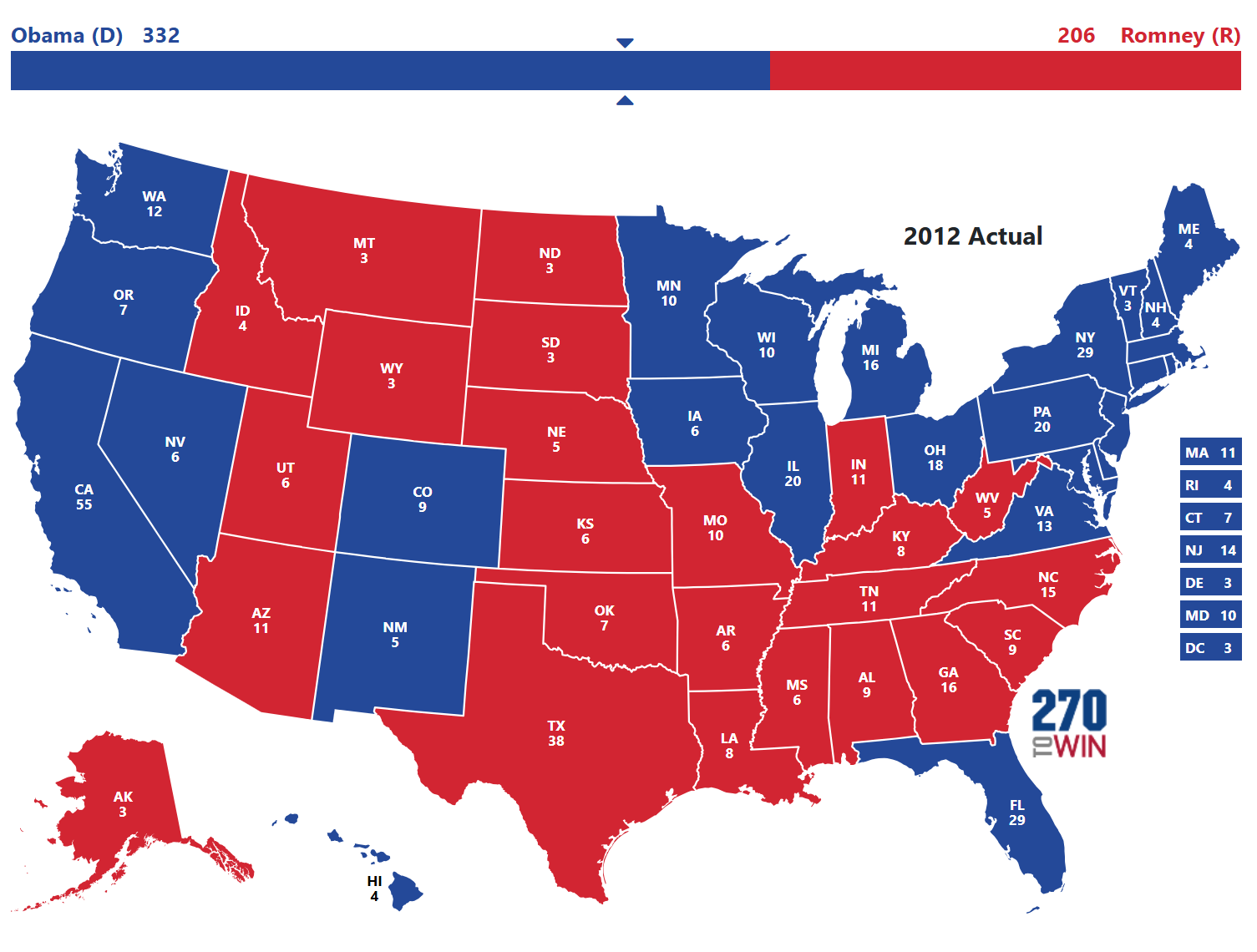In a brutally pragmatic sense only, no. Electoral votes are winner take all except in Maine and Nebraska. Looking at the 2012 electoral vote map:

Dems in red states don't matter, Republicans in blue states don't matter, but supposedly they roughly balance each other out. So that brings us down to representation in the House and Senate. Gerrymandering in the House and staggered six-year Senate terms again make some places very depressing for red state Dems.
KY-4 is a good example, it's where I live, it's heavily Republican and has Mitch and Rand as Senators and Thomas Massie as the Representative. Boone County has 31k plus registered Dems, Kenton County next door has 50k Dems. Overall it's 95% white, Charlie Cook rates it as a very partisan R+16.
I have little to no political power as a Democrat here, admittedly. But do I matter?
I'd like to think I do at least as a primary goes. But here's the thing: if you're going to try to convince voters like me to vote in the primary, browbeating me with "Your vote doesn't matter in November" really isn't the way to go about doing it.
Putting out a plan to get more Dems in Congress to help me at the state and local level is.



